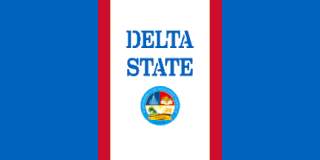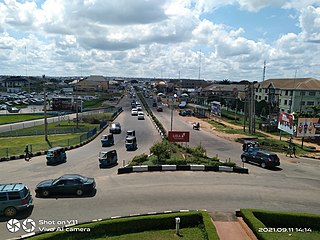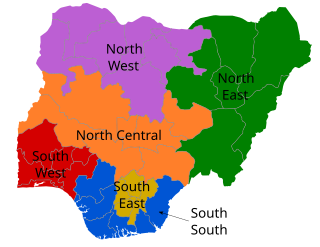List of Anioma towns and communities
Anioma towns and communities alphabetically arranged below: [5]
Abah, Abala Anikoko, Abavo, Abi, Abodei, Aboh, Adai, Adonta, Afor, Agbor, Akakpan-Isumpe, Ankara, Akoku, Akuku-Akumazi, Akumazi-Umuocha, Akwuku-Igbo, Alasime, Alidinma, Alihagu, Amai, Anakwa, Anifekide, Aninwalo, Aninwama-Jeta, Aniofu, Aniogo, Anioma, Anuregu, Anwai, Asaba, Asaba-Ase, Asaba-Ubulu, Ashaka, Ashama, Atuma, Atuma-Iga, Azagba-Ogwashi, Azagba-Ubieni, Ebedi, Ebu, Edo-Ogwashi, Egbudu-Akah, Egbudu-Ogwashi, Ejeme-Agbor, Ejeme-Aniogo, Ejeme-Unor, Ekpecho, Ekpon, Ekwuemusana, Emu, Emuhu, Etua Etiti, Etua Ukpo, Ewulu, Ezi, Eziokpor, Ezionum, Ibodoni, Ibrode, Ibusa, Idumuesah, Idumuje-Ugboko, Idumuje-Unor, Idumu-Ogo, Igbanke, Igbodo, Igbuku, Illah, Isa-Ogwashi, Iselegu, Isheagu, Isikiti-Ishiagu, Issele-Azagba, Issele-Mkpitime, Issele-Uku, Isumpe, Kwale, Mbiri, Ndemiri, Ndokwa, Abbi, Inam-Abbi, Eziunm, Nkpolenyi, Nsukwa, Obeti, Obi Anyima, Obi Umutu, Obi, Obiaruku, Obikwele, Obinomba, Obior, Obodo-Eti, Obomkpa, Ogbe, Ogode, Ogume, Ogwashi-Uku, Oko Anala, Oko/Ogbele, Oko-Amakom, Okotomi, Okpa, Okpanam, Okwe, Oligbo, Oligbo, Olor-Usisa, Olu-Odu, Omaja, Onicha Olona, Onicha-Ugbo, Onicha-Uku, Onitsha-Ukwuani, Onogbokor, Onuseti, Onya, Oolor-Ogwashi, Otolokpo, Otulu, Owa Nta, Owa-Abi, Owa-Alero, Owa-Ofie, Owa-Oyibo, Owerri-Olubor, Ubulubu, Ubulu-Okiti, Ubulu-Okiti, Ubulu-Ukwu, Ubulu-Unor, Udumeje, Ugboba, Ugbodu, Ugbolu, Ugiliamai, Ukala-Okpunor, Ukala-Okwute, Ukwuani, Ukwunzu, Ukwu-Oba, Umuabu, Umu-Ebu Adonishaka, Umukwem, Umukwota, Umunede, Umuolu, Umute, Umutu, Unor, Unor, Unuaja, Ushie, Usisa, Utagba-Ogbe, Utagba-Unor, Utchi, Ute Aru, Ute Enugu, Utegbeje, Ute-Okpu, Utuoku.






